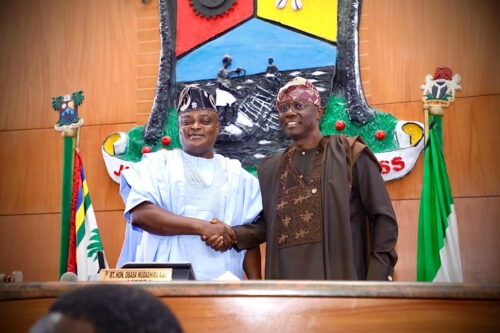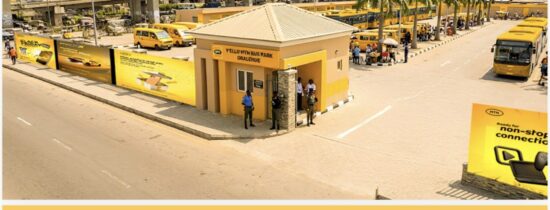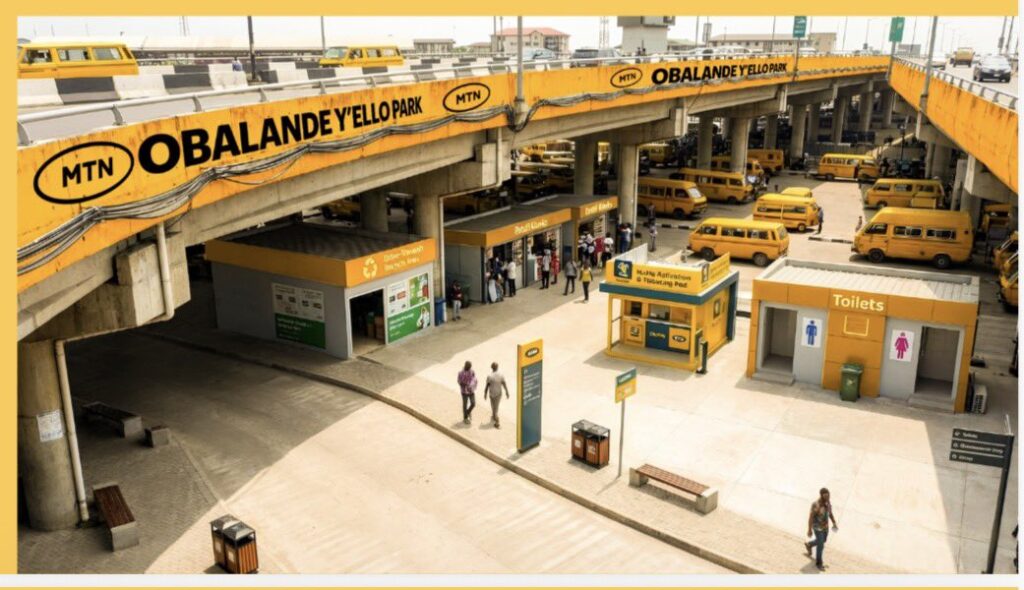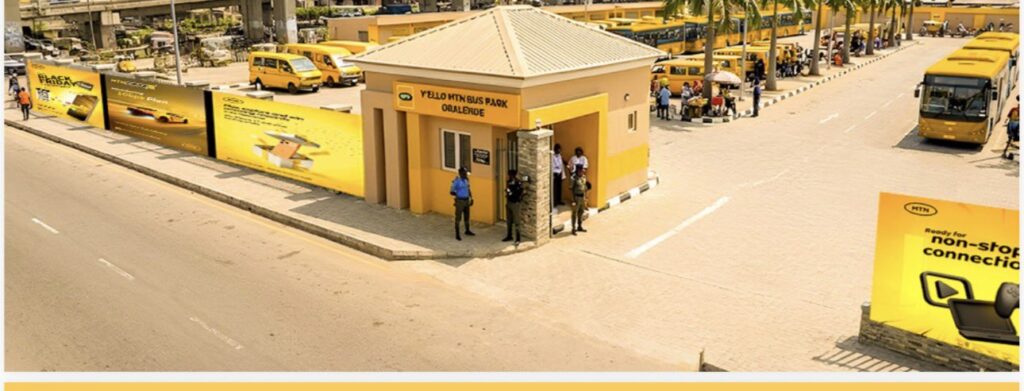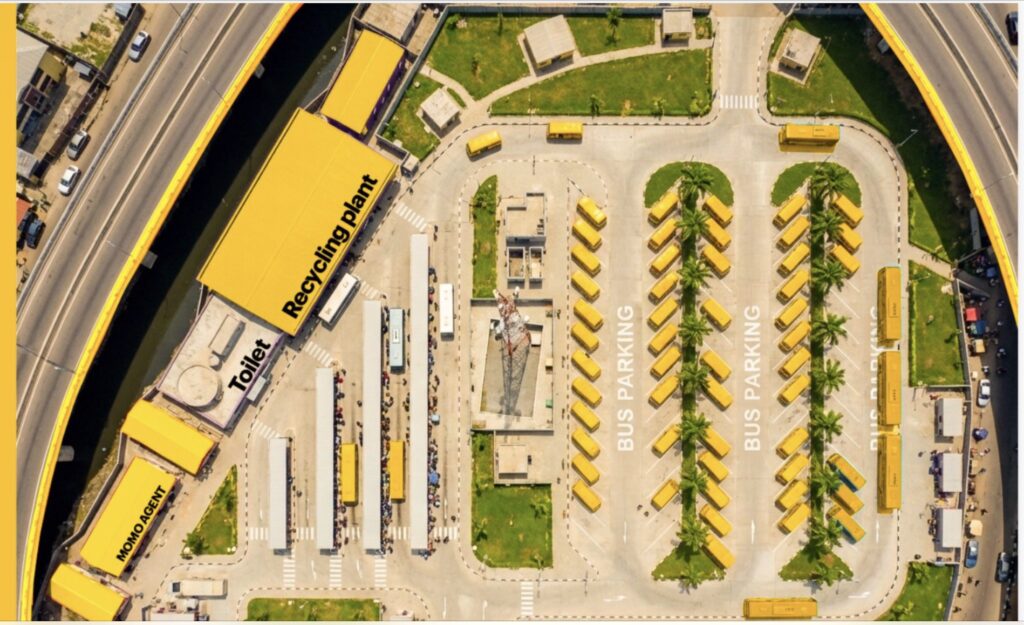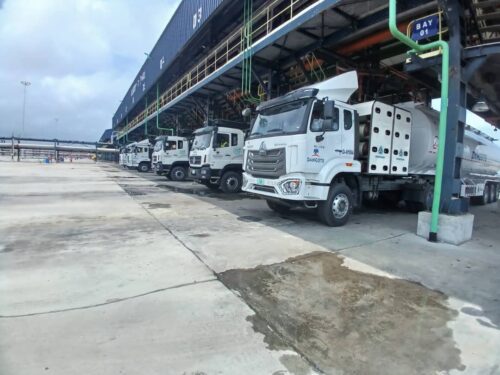Wema Bank, Nigeria’s foremost innovative bank and pioneer of Africa’s first fully digital bank, ALAT, is set to launch the 4th season of its transformative reward initiative, the Wema Bank 5 for 5 Promo. The highly anticipated Season is scheduled to kick off on Tuesday, October 1, 2024.
Introduced in 2021 the Wema Bank 5 for 5 Promo is a reward initiative pioneered by the Bank with the goal of rewarding its diverse range of customers for active loyalty to the brand, its products, and offerings. The Promo is executed seasonally via thoroughly regulated live draws where winners are selected from the Bank’s pool of active and transacting customers, based on the stipulated minimum requirements and modalities of the season. With benchmarks for qualification set as low as N5,000 in monthly transactions, the Wema Bank 5 for 5 Promo has evolved through each season, solidifying its repute as a source of hope, financial support, business growth and goal acceleration for thousands of Nigerians nationwide.
Over the course of 3 seasons, the 5 for 5 Promo has disbursed over N150,000,000 to 2,378 Nigerians across the six geopolitical zones in Nigeria, with 639 customers winning N31,500,000 in season 1, 539 winning N31,850,000 in season 2 and 1,200 winning N90,000,000 in the 3rd season of the 5 for 5 Promo which spanned August 2023 to July 2024. As a new season of the Wema Bank 5 for 5 Promo approaches, tensions are heightening as Nigerians await a new season of financial rewards and pleasant surprises from Wema Bank. Customers of the Bank are encouraged to request a debit card or get onboarded on the ALAT app and *945# and start transacting via any of these channels in anticipation of the season’s kick-off. Other Nigerians interested in participating are encouraged to open Wema Bank/ALAT account(s) to get started.
Reiterating the Bank’s commitment to providing a rewarding banking experience for its customers, Moruf Oseni, MD/CEO of Wema Bank, elaborated on the significance of the Wema Bank 5 for 5 Promo for its customers. “At Wema Bank, we have made it a duty and core value to provide optimum returns for our customers, and this commitment is evident in all that we do as a Bank. ‘Optimum returns’ for Wema Bank is limitless which is why we continue to raise the bar and set new standards, innovating new and improved ways to provide a highly rewarding banking experience for our customers. It is this sense of duty to our customers that inspired the launch of the Wema Bank 5 for 5 Promo”.
“The past seasons of the Wema Bank 5 for 5 Promo have been highly successful, but I can assure you that the coming season will be the biggest in 5 for 5 Promo history to date. We are, yet again, raising the bar, and with more to win this season, every Wema Bank customer is in for a treat. It’s beyond the rewards customers are getting. With the 5 for 5 Promo, we are telling customers that we’re grateful, showing them that we care, and empowering lives and businesses to thrive. Through this initiative, we have made undergraduate millionaires, established businesses across Nigeria, boosted existing ventures despite economic fluctuations, given hope to Nigerians of various ages and walks of life; and this season, we are more than prepared to exceed all milestones, break new ground and transform more lives for the best. The Wema Bank 5 for 5 Promo Season 4 kicks off on October 1 and we have a special Independence Day live draw to kickstart the season, so I welcome every Nigerian to Wema Bank and encourage all to get on ALAT, request a Wema/ALAT card or onboard on *945# and get ready for an intriguing new 5 for 5 Promo Season, bigger than ever before”, Oseni concluded.
The Wema Bank 5 for 5 Promo season 4 promises to be a game changer and every Nigerian can participate and secure big wins throughout the season by being a Wema Bank customer and getting onboarded on the valid transaction channels which include the ALAT app, the Wema/ALAT card and the Bank’s USSD Banking platform, *945#.
All transactions made using the qualifying Wema Bank and ALAT transaction channels from October 1, 2024, are potentially qualifying transactions and could secure rewards ranking in millions for Nigerians across Nigeria.
T&Cs Apply.


 BIG STORY1 day ago
BIG STORY1 day ago
 BIG STORY1 day ago
BIG STORY1 day ago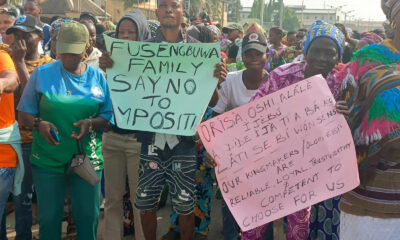
 BIG STORY5 days ago
BIG STORY5 days ago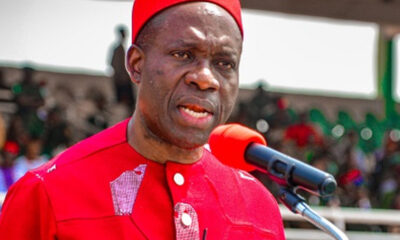
 BIG STORY2 days ago
BIG STORY2 days ago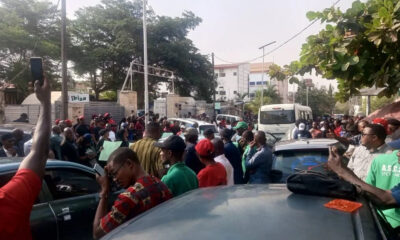
 BIG STORY2 days ago
BIG STORY2 days ago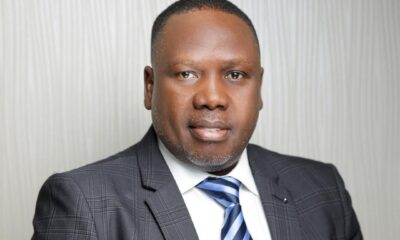
 BIG STORY5 days ago
BIG STORY5 days ago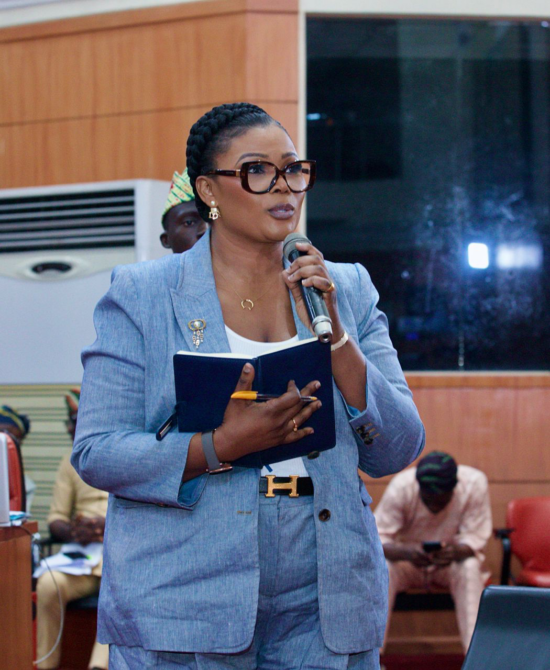
 NEWS5 days ago
NEWS5 days ago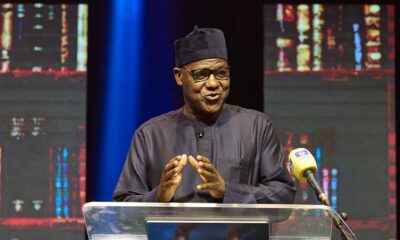
 BIG STORY2 days ago
BIG STORY2 days ago


















